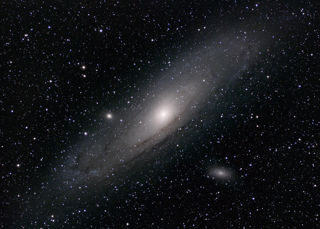
Herschel’s Telescope
Herschel’s Telescope
Model of the telescope that Sir William Herschel used to discover Uranus in 1781.As the first 6 planets can all be seen by the naked eye, Uranus was the first planet that can be considered to have been ‘discovered’. Herschel’s first observations led him to believe it was a comet, but with further observation and subsequent work carried out by Anders Johan Lexell it was proven that he had ‘discovered’ the 7th Planet in the Solar System.
Herschel built the 7-foot telescope he ‘discovered’ Uranus with himself and was a prolific telescope builder throughout his life. He earnt a living as a musician but his discovery of Uranus resulted in him being appointed Court Astronomer by King George III. This allowed him to pursue astronomy full time. He originally named Uranus the ‘Georgian Star’ after George III, but this name was not popular elsewhere. It was renamed after the ancient Greek god of the sky, to fit in with the rest of the planets.
More information
Object number
2001-16
Location
Our Solar System Gallery
Has this object been into space?
No
Dimension - Dimension, Value, Measurement unit
Depth: 1.60m
Height: 1.70m
Width: 0.34m
Material
Wood
Metal
Object Production Date
Circa 2001
Object Production Place
Netherlands
On Display Status
On display
Copyright and Photos
Photography is shared via the license below.
However, some objects on this website are on loan to the National Space Centre and are being shared through the permission of their owners.
Commercial use of images from this website is not allowed without additional permissions being granted. To request permission to use images for purposes not covered in the license below, please contact [email protected]
Individual objects on loan to the National Space Centre may have additional copyright permissions, so advice should always be sought before use.
![]()
This work is licensed under a Creative Commons Attribution-NonCommercial 4.0 International License.




